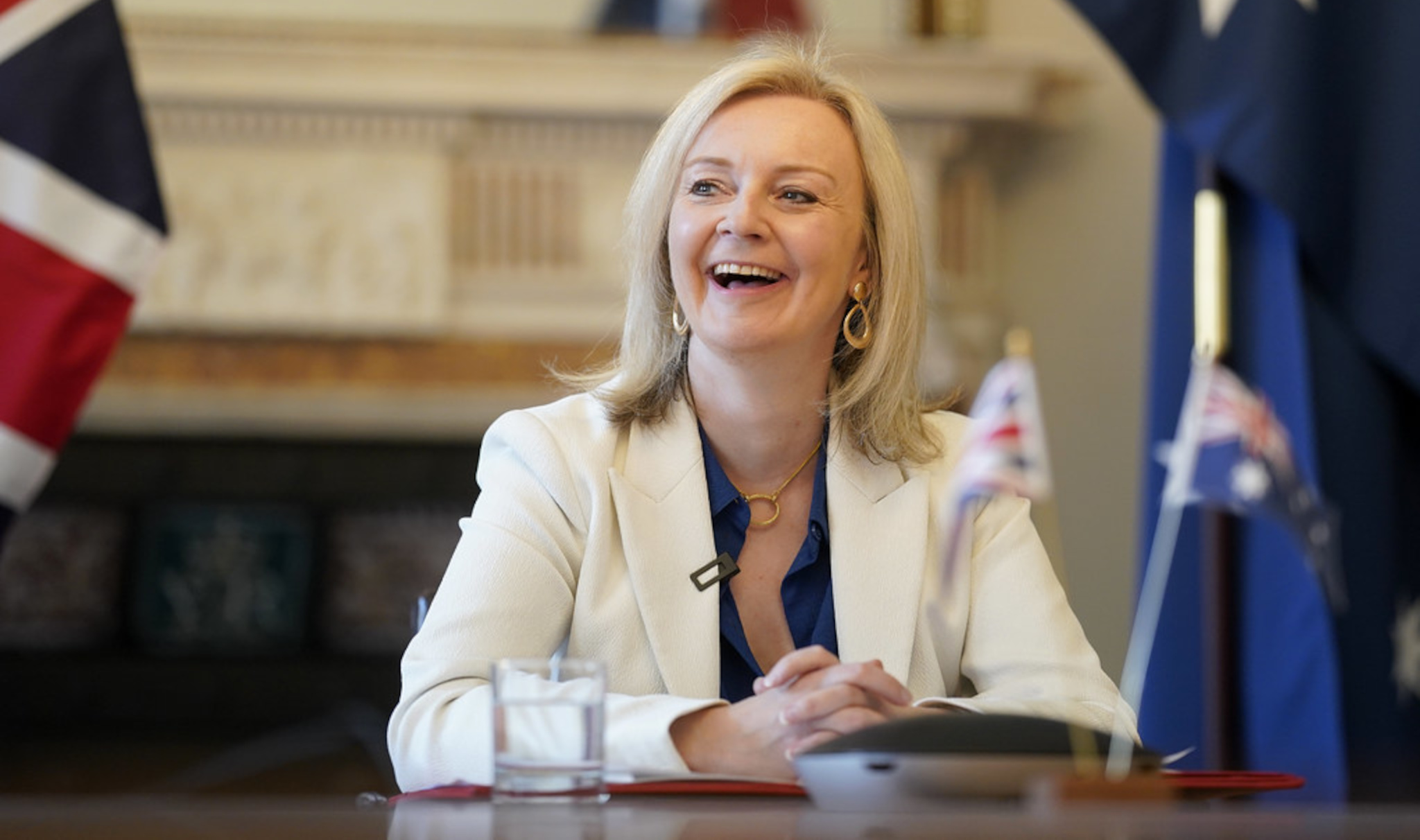The UK goes for economic growth
This seems to be the motto of the new Liz Truss-led UK government. It’s hardly surprising.

Ms. Liz Truss, prime minister of UK government
The UK is staring down the barrel of a recession and the Conservatives have little more than two years to turn around an opinion poll deficit that’s averaging around 10% at the moment. From a political perspective, the government has little choice but to go for growth. But can it afford it for, if it can’t the repercussions for UK assets could be disastrous and all hope of winning the next election will surely go up in flames.
Last Friday, the UK celebrated the anniversary of what’s been called Black Wednesday in 1992 when the pound sunk dramatically after it was unceremoniously ejected from the old Exchange Rate Mechanism (ERM).
Unsurprisingly, some have argued that the UK could have a new Black Wednesday moment now, or soon. But one interesting aspect of Black Wednesday was that it was soon renamed by many as White Wednesday. This is because the UK was freed from the sky-high German interest rates that had both helped tip the UK into recession and caused problems across the whole ERM (Italy was dumped out at the same time as the UK).
As a result, UK interest rates were slashed, the economy recovered and, in time, the pound made up all of the steep losses it had experienced. The UK government’s view at the time was that it could go for growth, much the same as the present government wants to now by looking beyond distractions such as rising base rates and pleas for fiscal responsibility. The former will be looked at by a review into the BoE’s mandate while notions of fiscal responsibility will quietly go by the wayside until, that is the independent Office for Budget Responsibility (OBR) highlights the risks the government is taking when it next evaluates the public finances. Of note is the fact that this Friday’s mini budget comes before the OBR has done its customary analysis that has preceded all budgets in the past.
The government’s excuse is that the GBP100bn-plus cap on household energy bills has to be done before next month as that’s when new, huge, increases are due to come in. That’s correct, but the government also seems likely to embellish this support with other more permanent fiscal easing such as a retraction of the national insurance increase that happened earlier this year and a rescinding of plans for a hike in corporate tax rates. There could also be income tax cuts.
Will such actions make the “go for growth” dream a reality? Probably not. Mr. Steve Barrow, Head of Standard Bank G10 Strategy, said the caps on household utility bills would avoid an economic calamity; but they won’t spur growth, especially as they are time-limit ed and bills could rise sharply when the freeze ends in two years. The rescinding of the National Insurance increase and scrapping the corporate tax hike owe more to Conservative ideology than a genuine attempt to lift growth. If the government genuinely wanted to do this it would aim cuts at the lowest paid as this is where the fiscal multipliers are higher. In the end, it looks as if the UK will still end up in a deep recession, but with an even bigger budget deficit to boot.
For sterling that’s not a good combination when there’s already a myriad of problems, starting with the ballooning current account deficit. The so-called twin deficit on the current account and the budget was around 7% of GDP in 1992. Until recently, the twin deficit was more than twice this level and is still far bigger than 1992 levels.
Could funding this deficit prove problematic? If so, a new Black Wednesday could be in the offing; not in terms of some sort of post fixed exchange rate plunge in the pound like 1992, but steady erosion that might force the BoE to think in terms of hiking rates specifically to defend sterling, or even intervene in the markets (as it did to its cost in 1992).
“It is certainly possible. But we don’t have such extreme weakness as our central scenario, not least because the UK is not alone in its struggles. In fact, there’s more at stake in the euro zone in our view and hence our longer-term view for euro/sterling is still that the pound is more likely to rise than fall”, said Mr. Steve Barrow.








